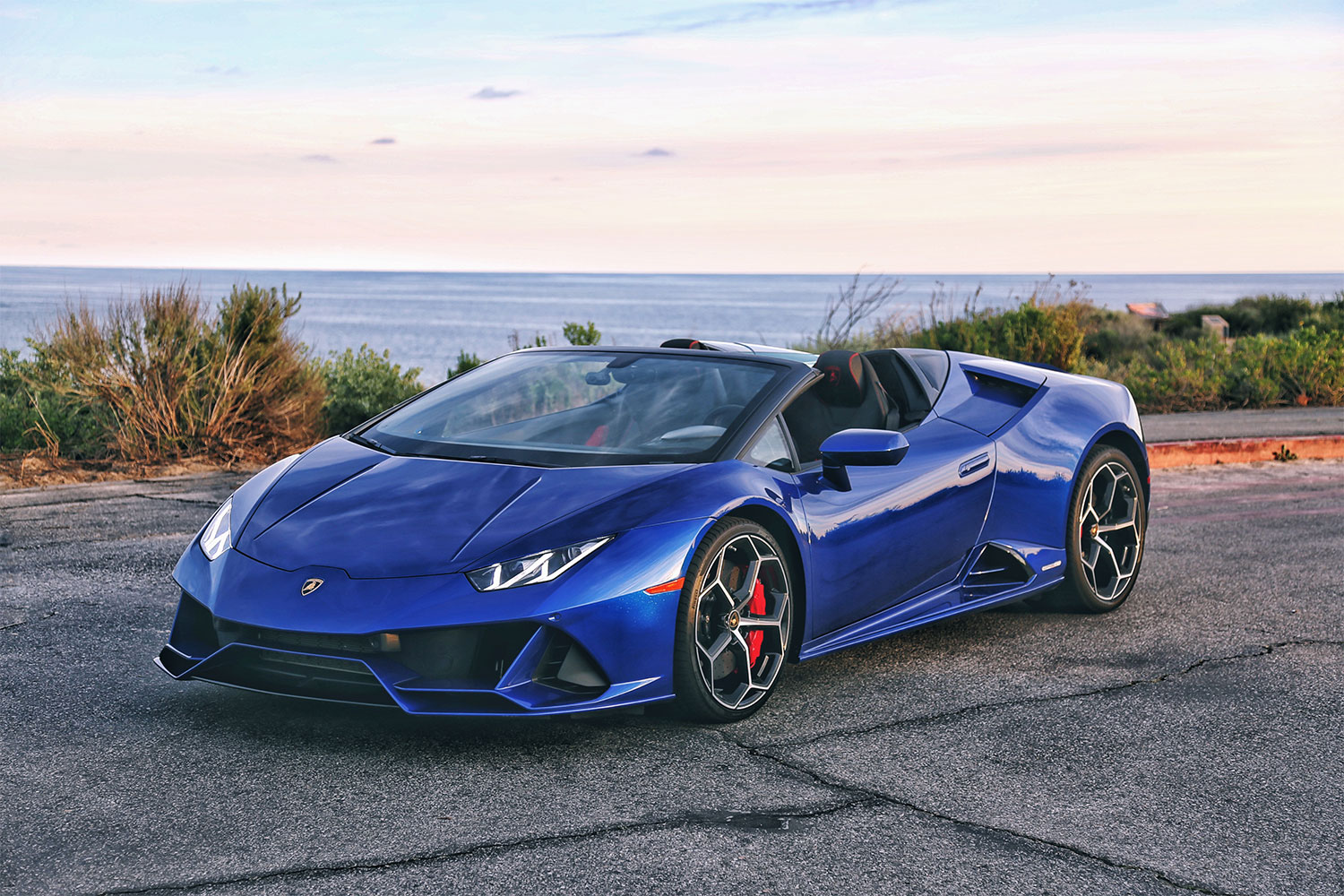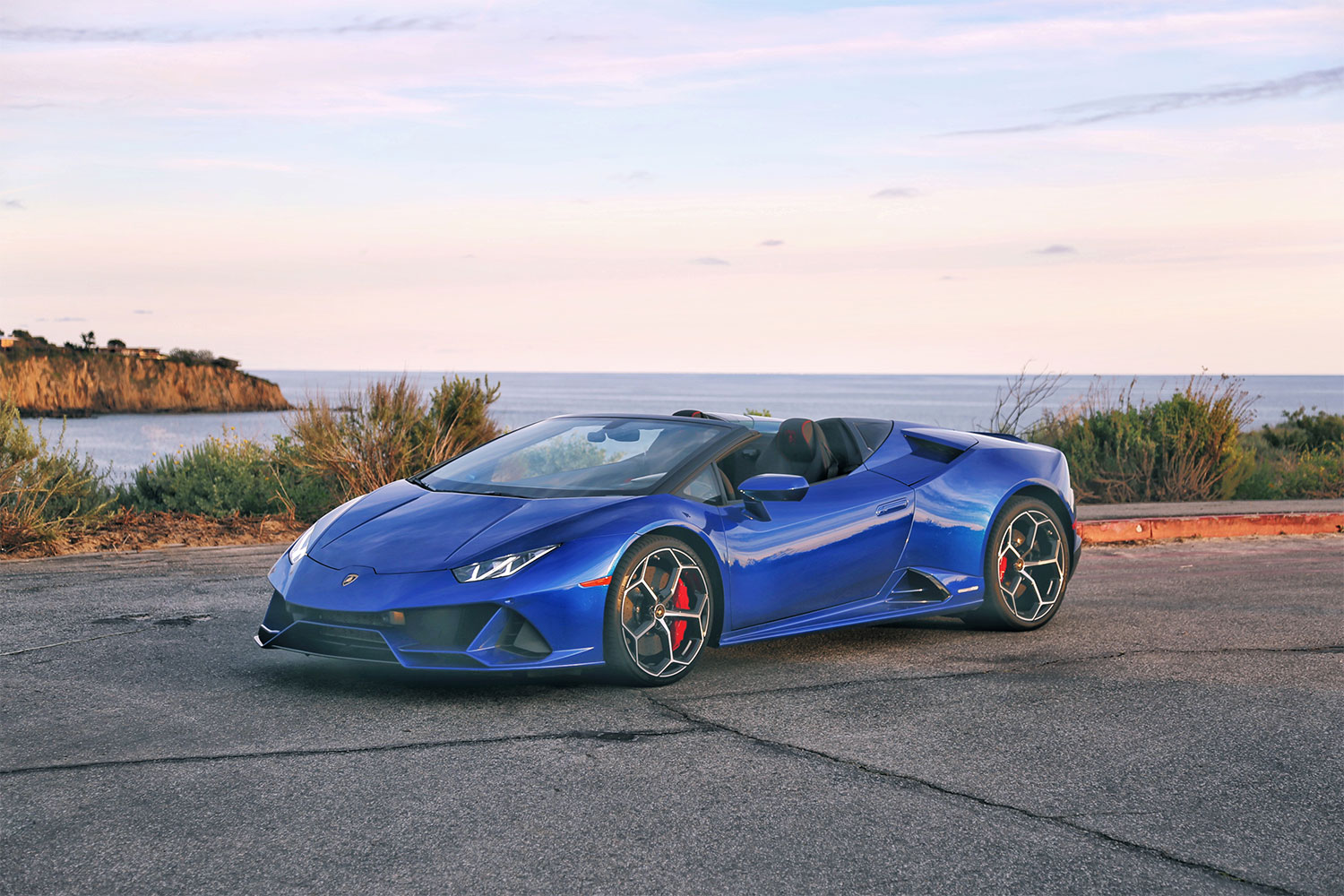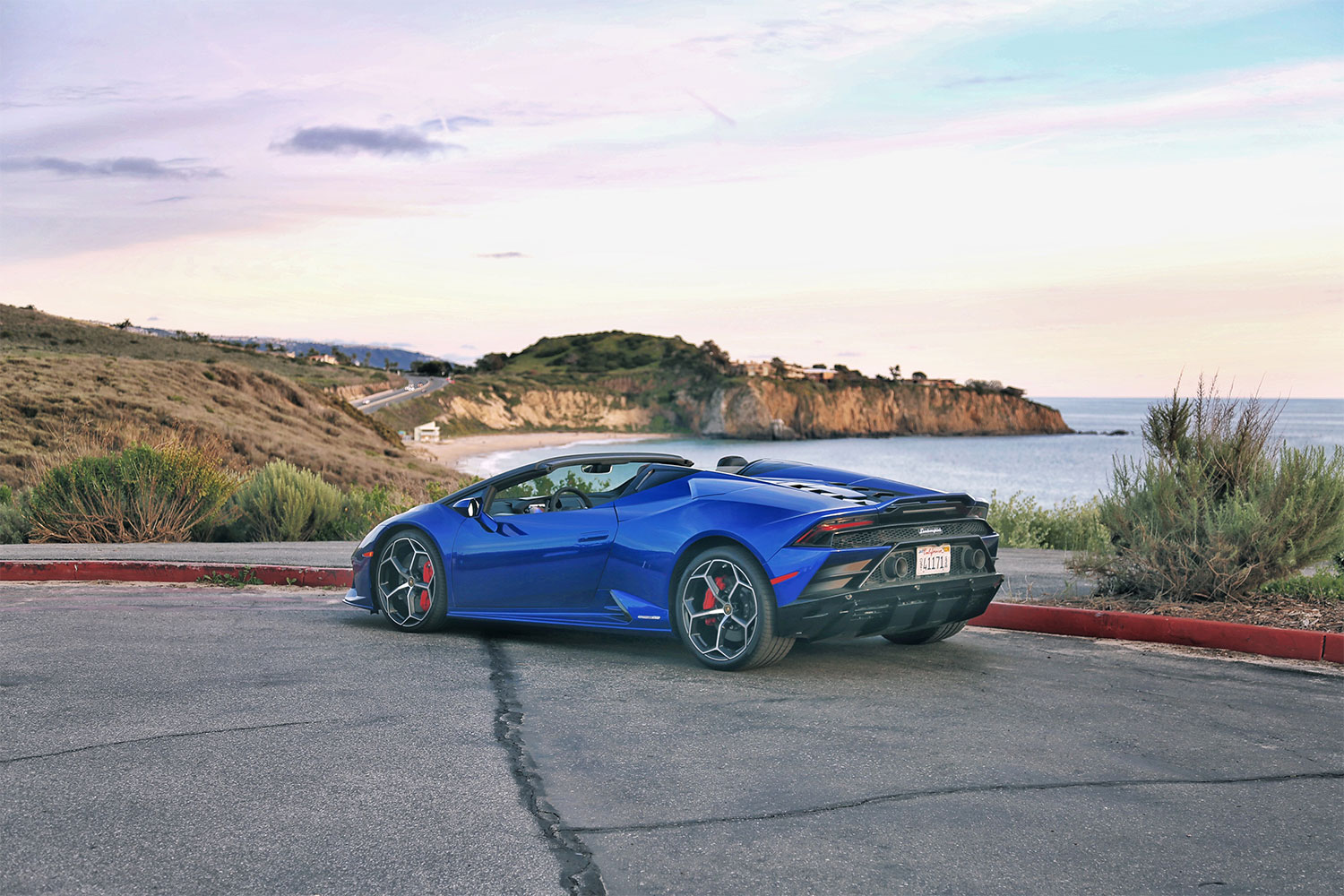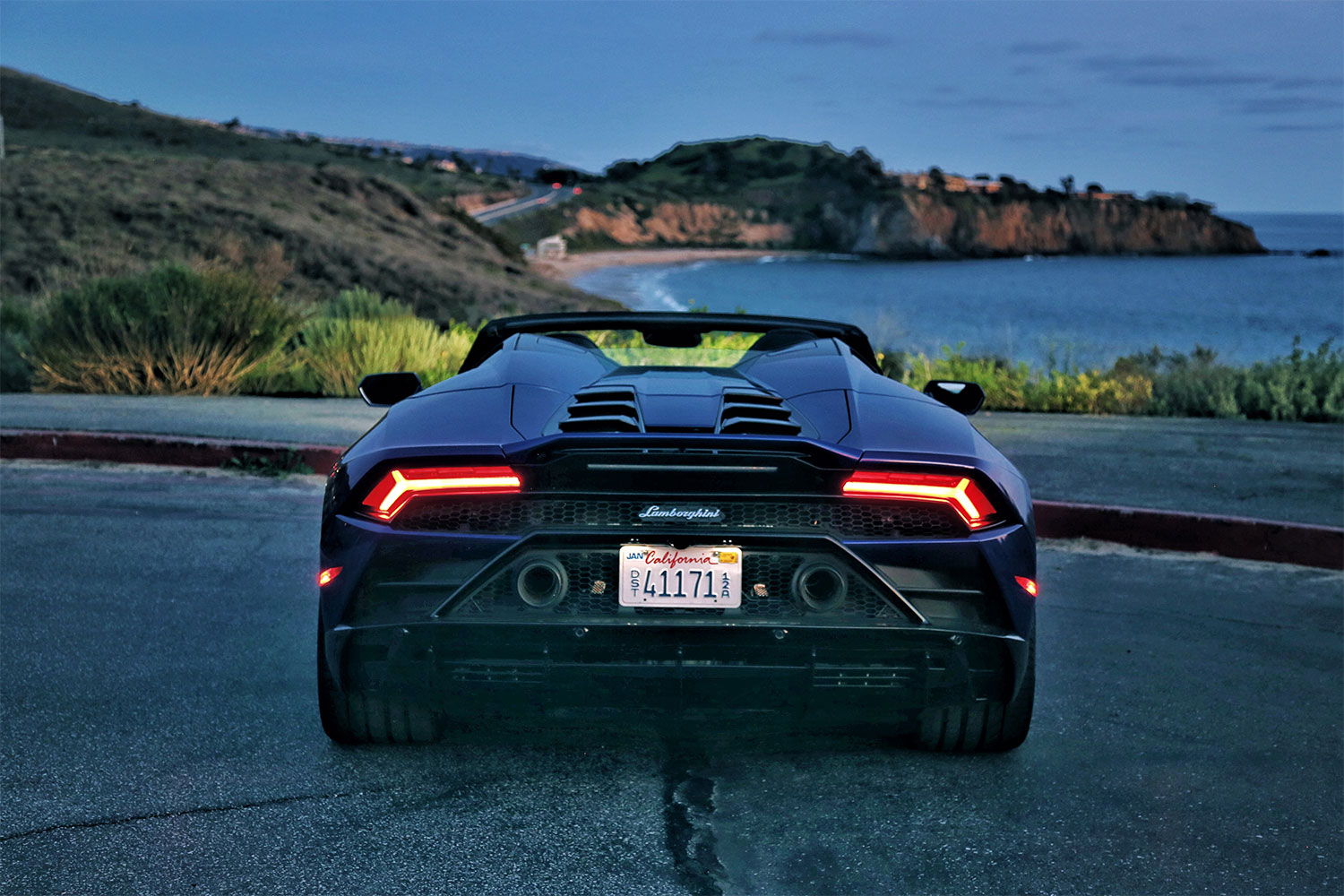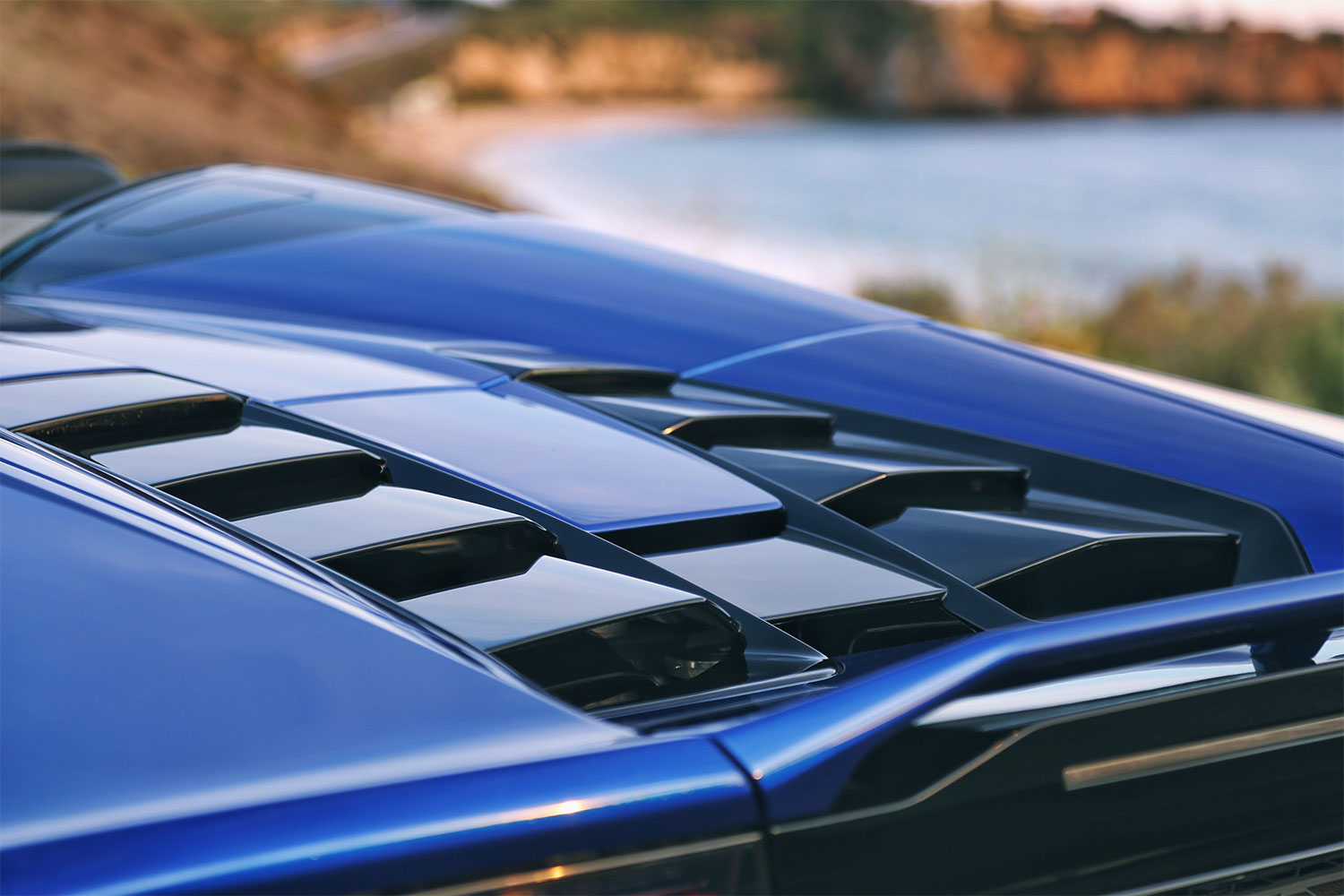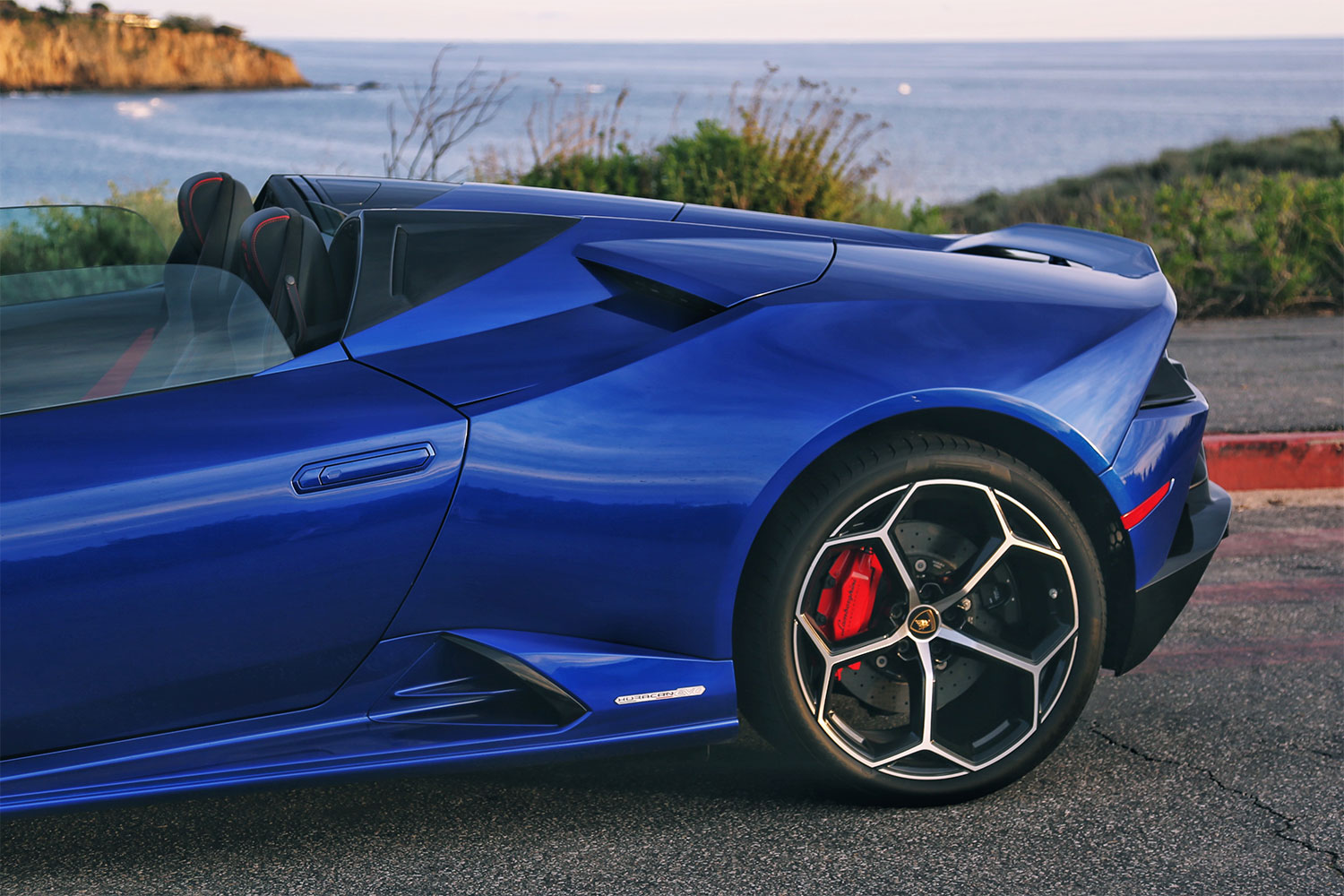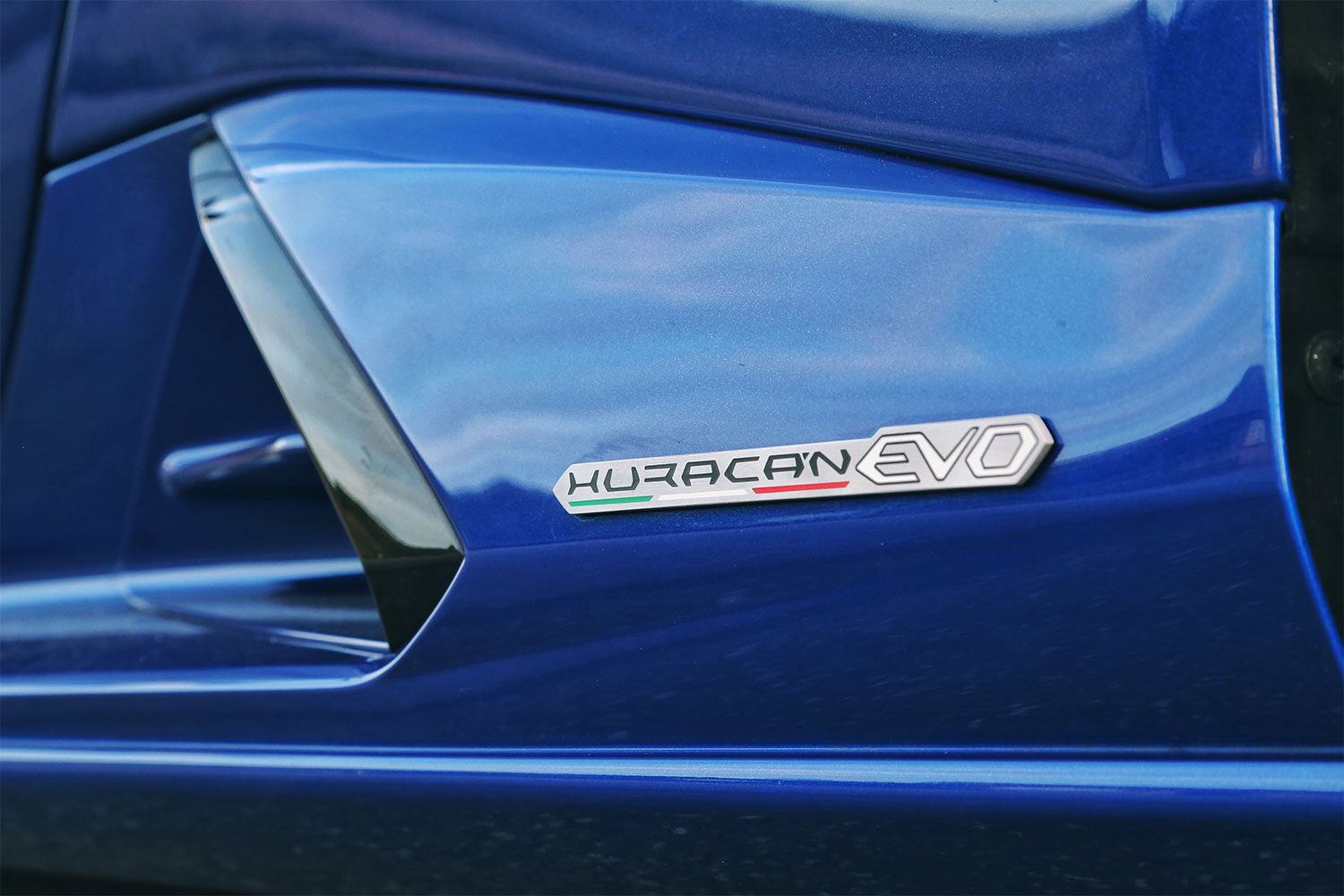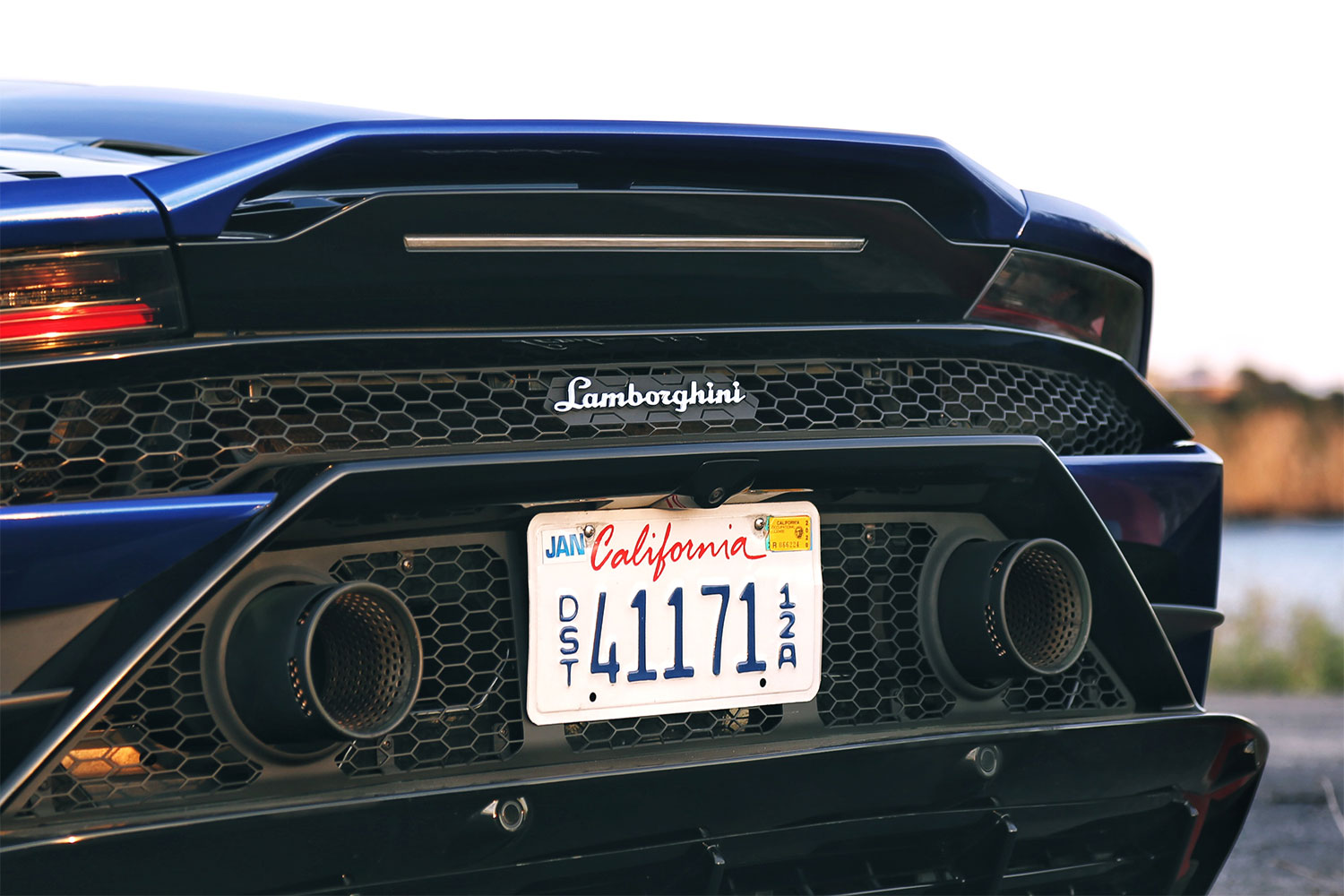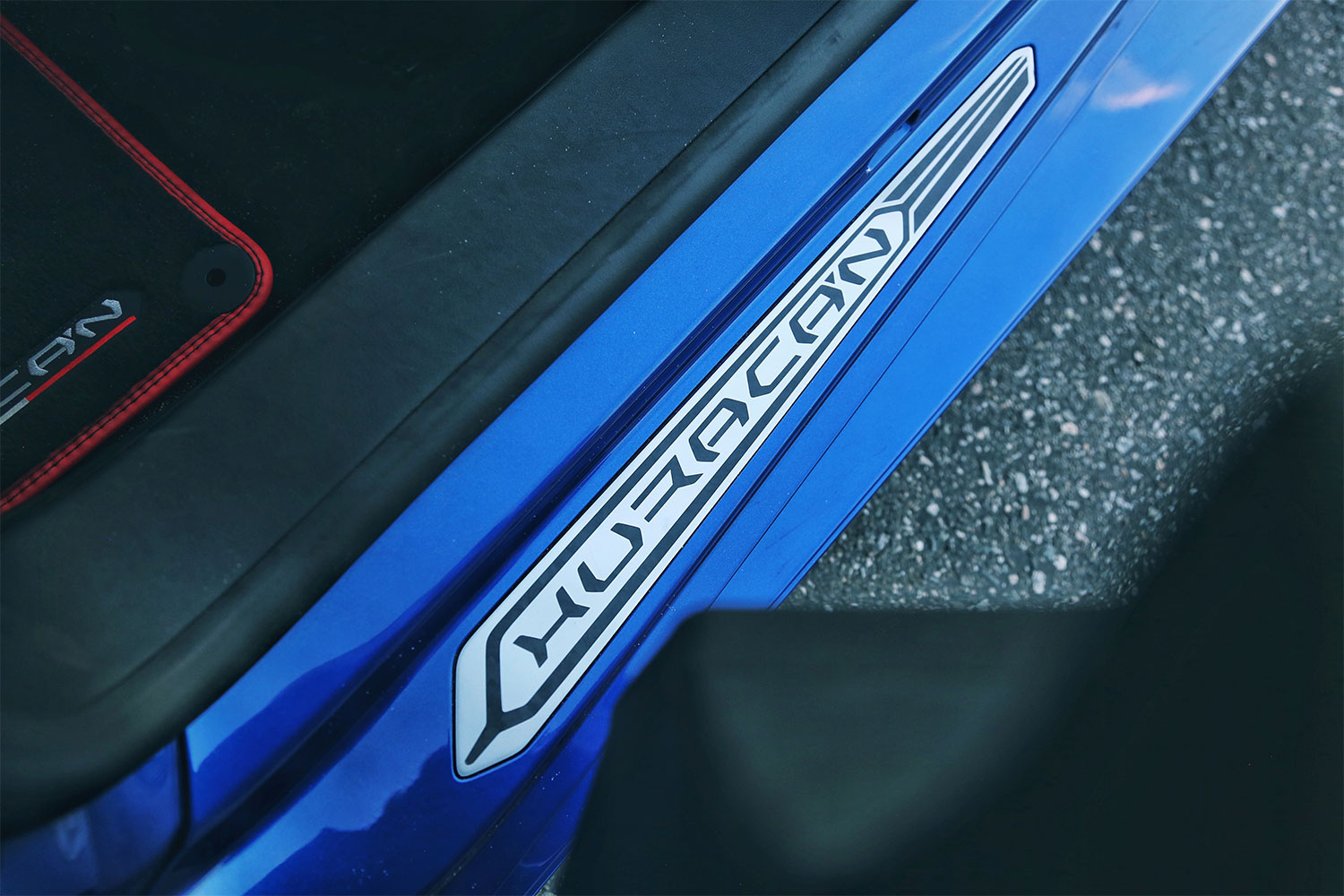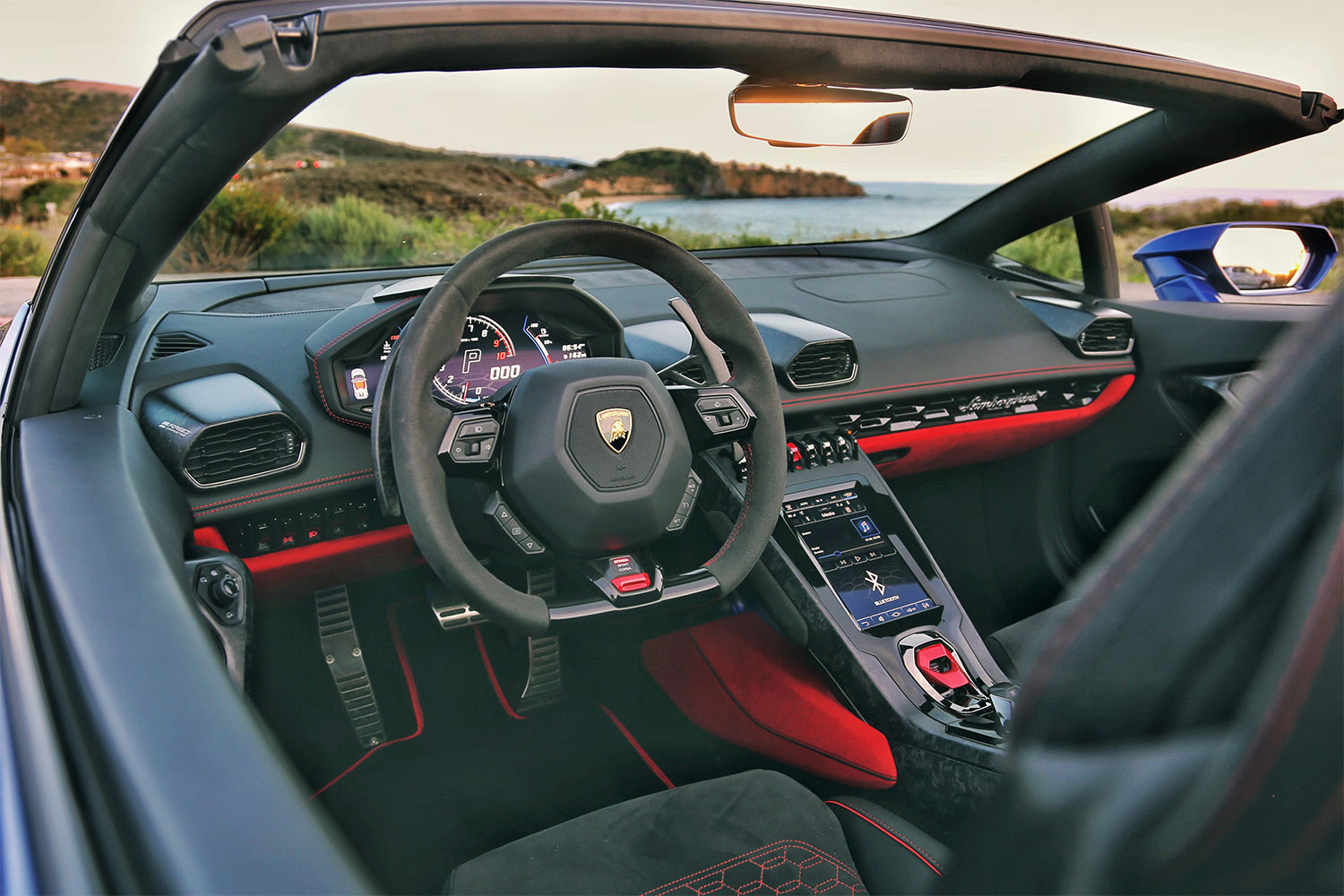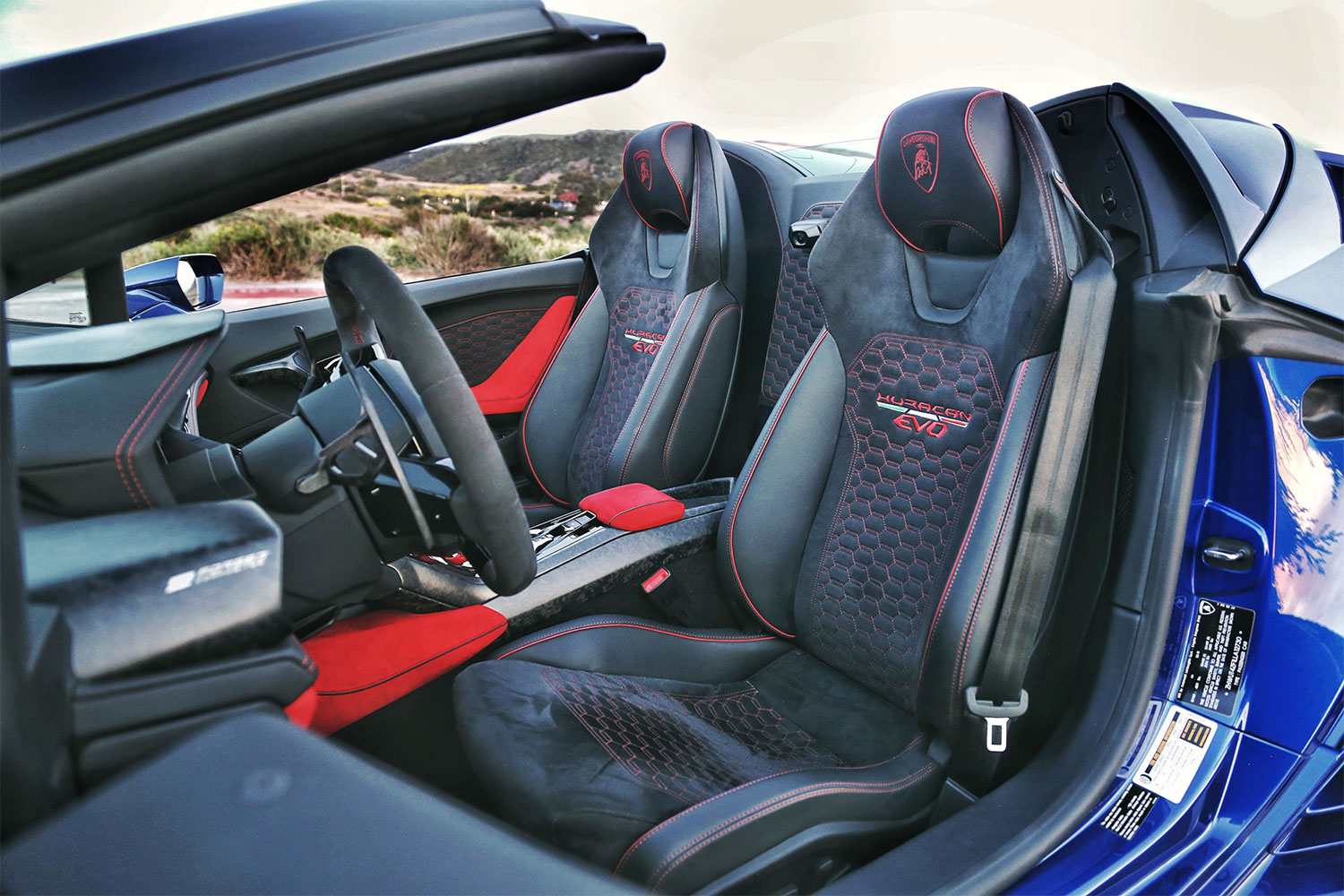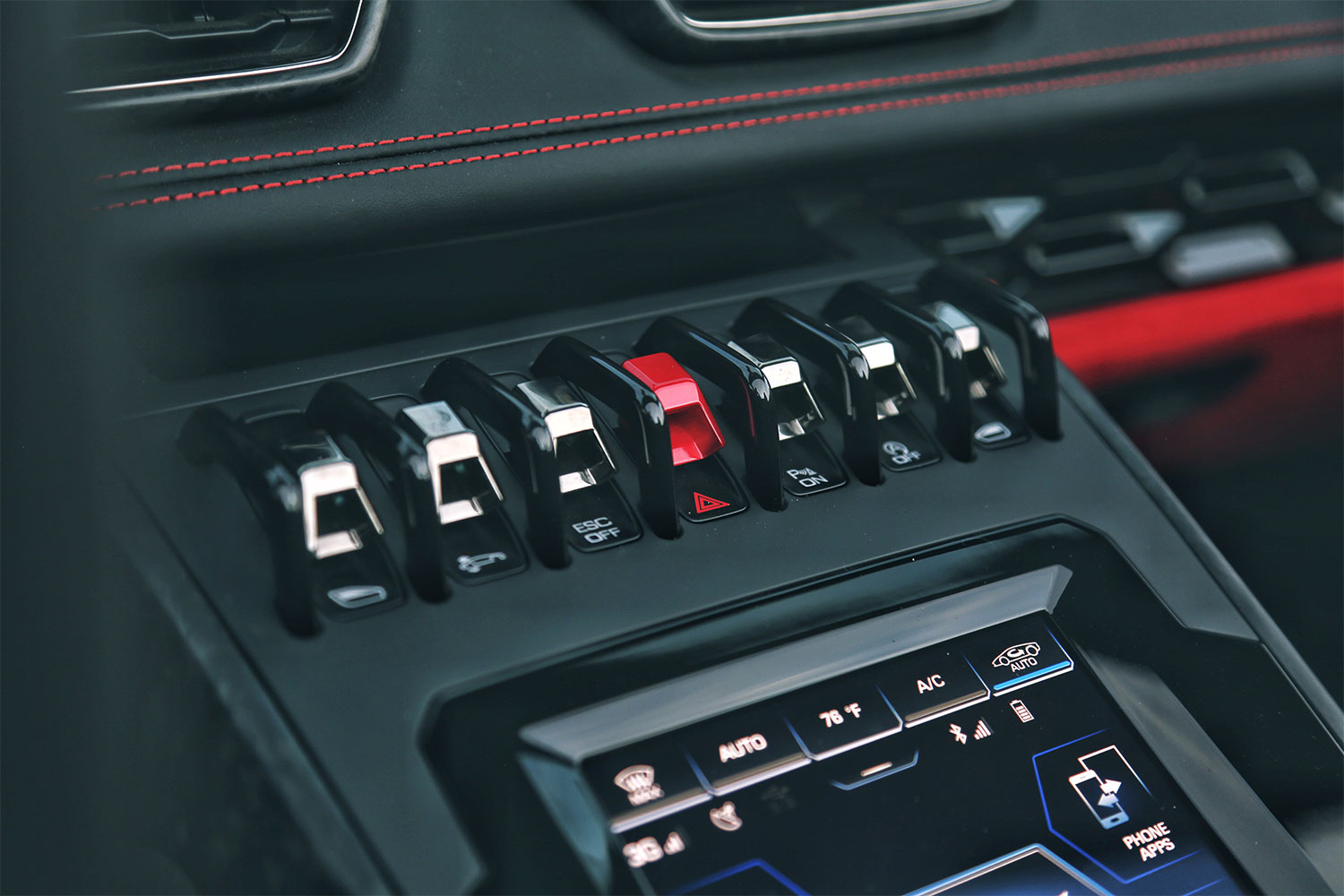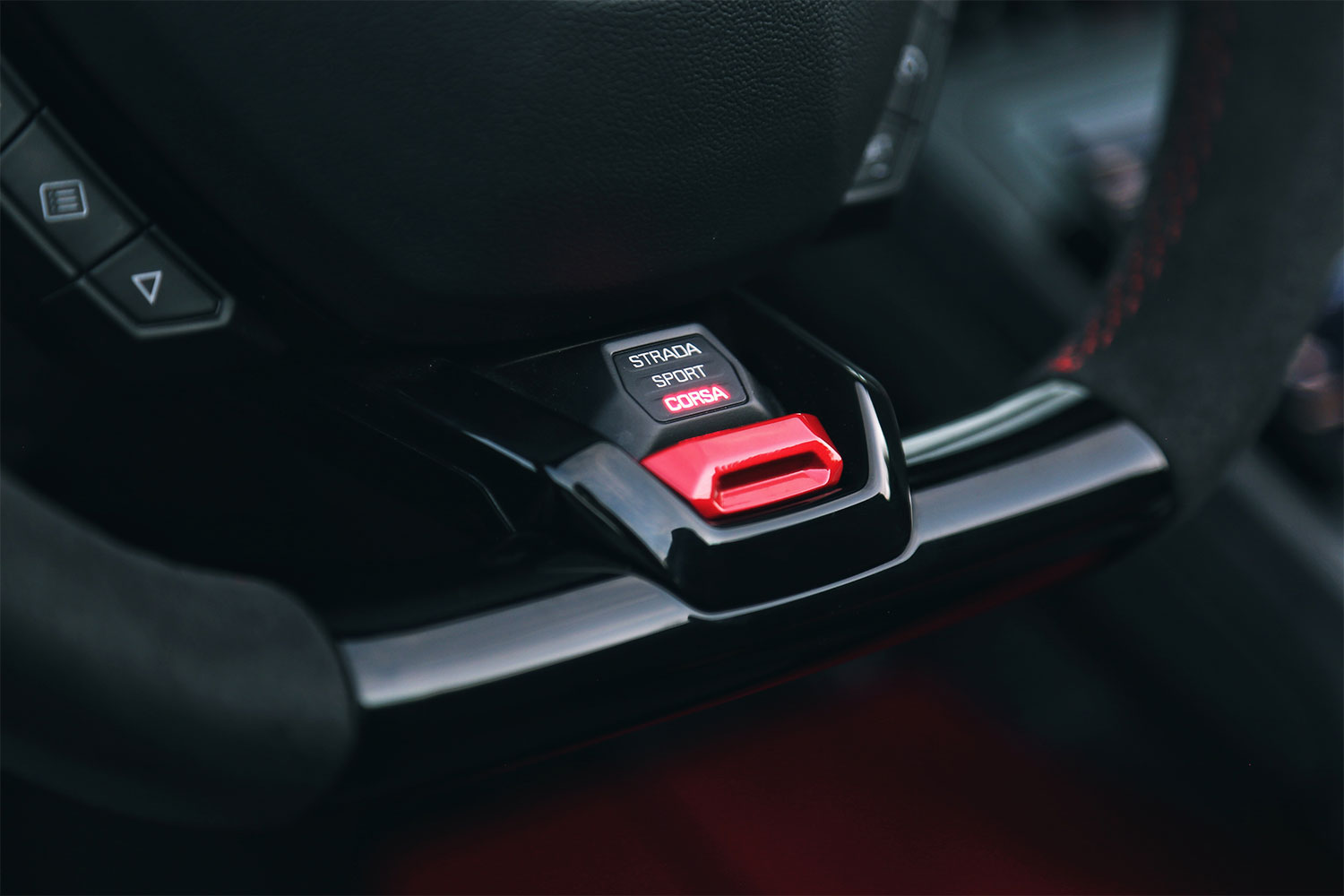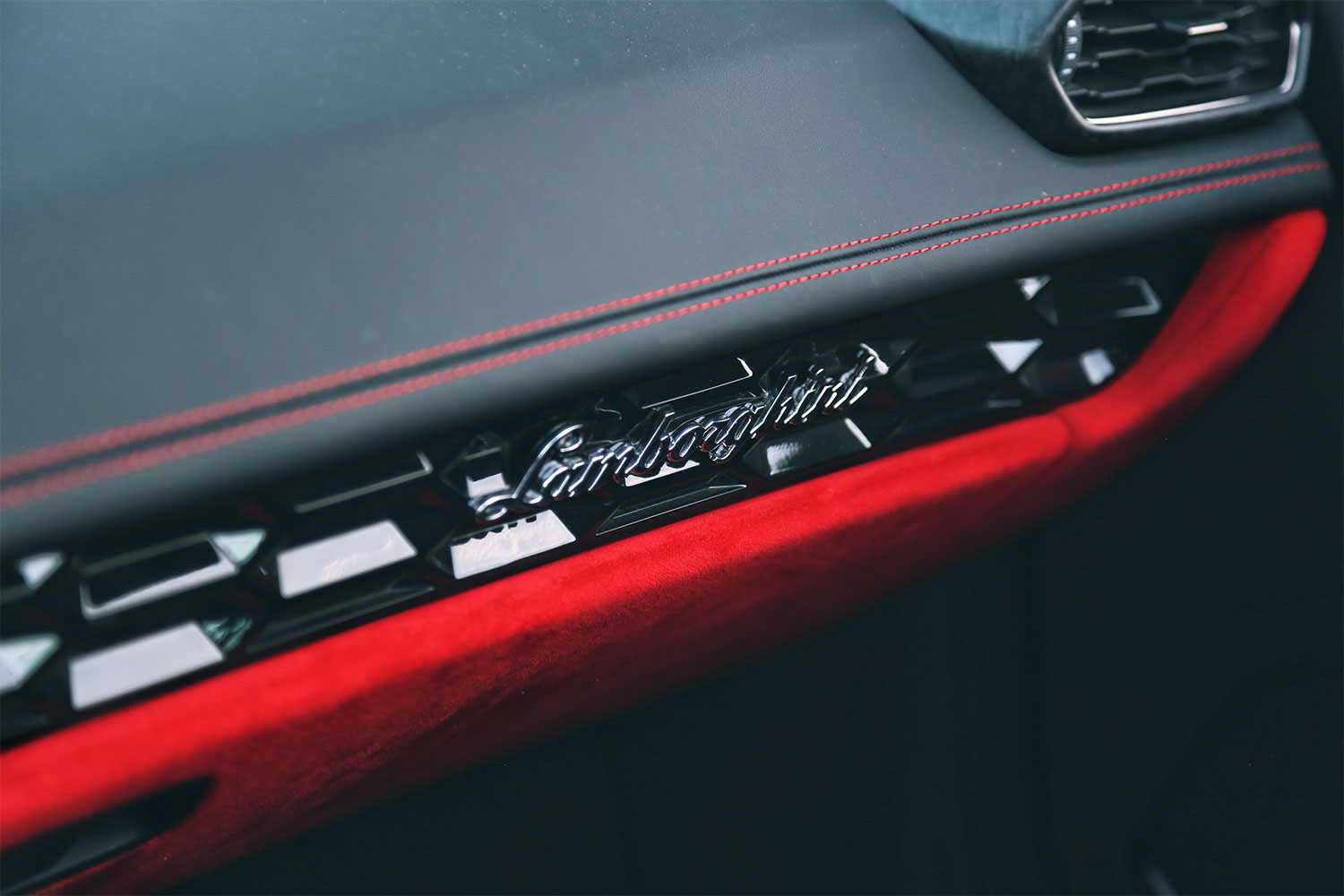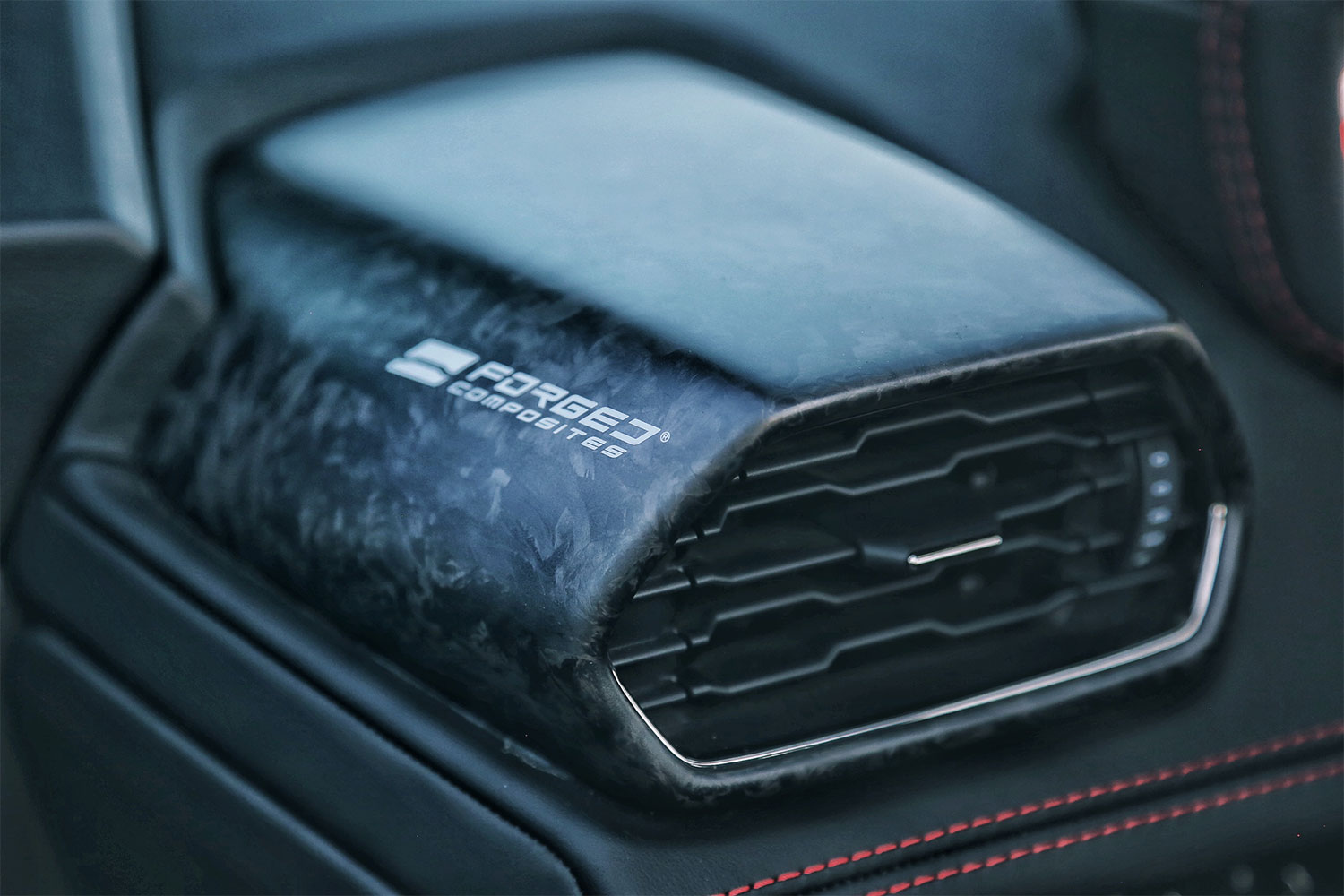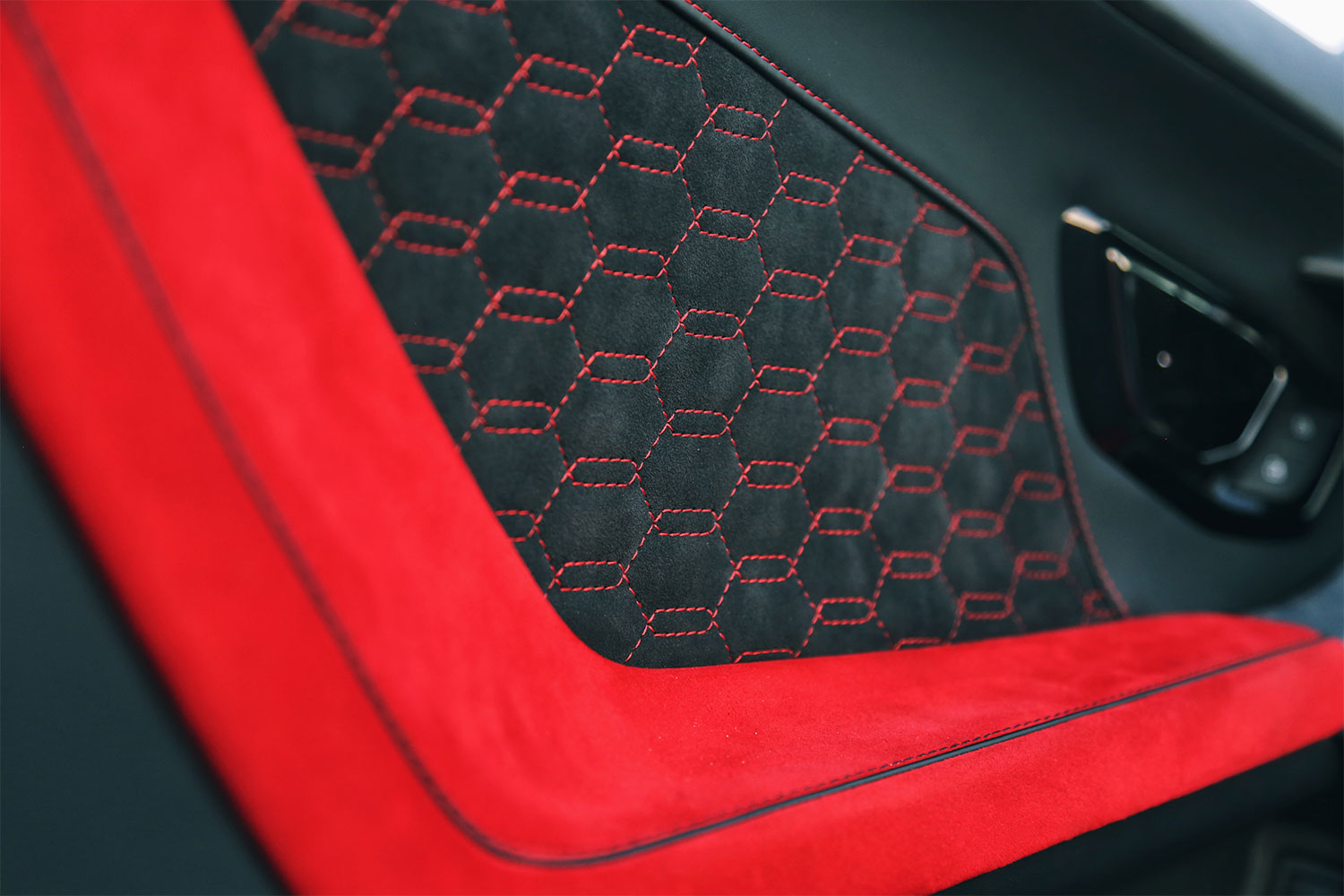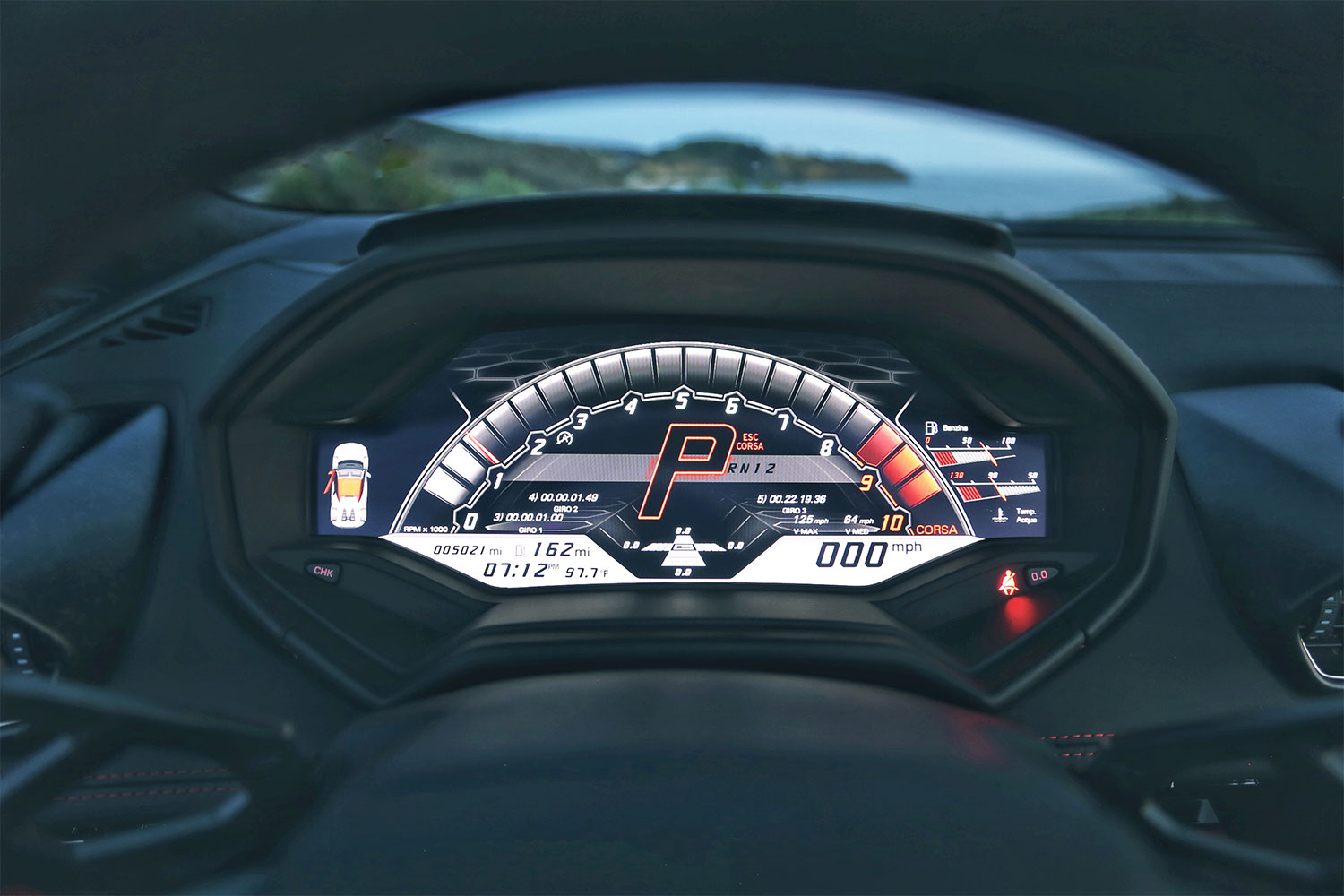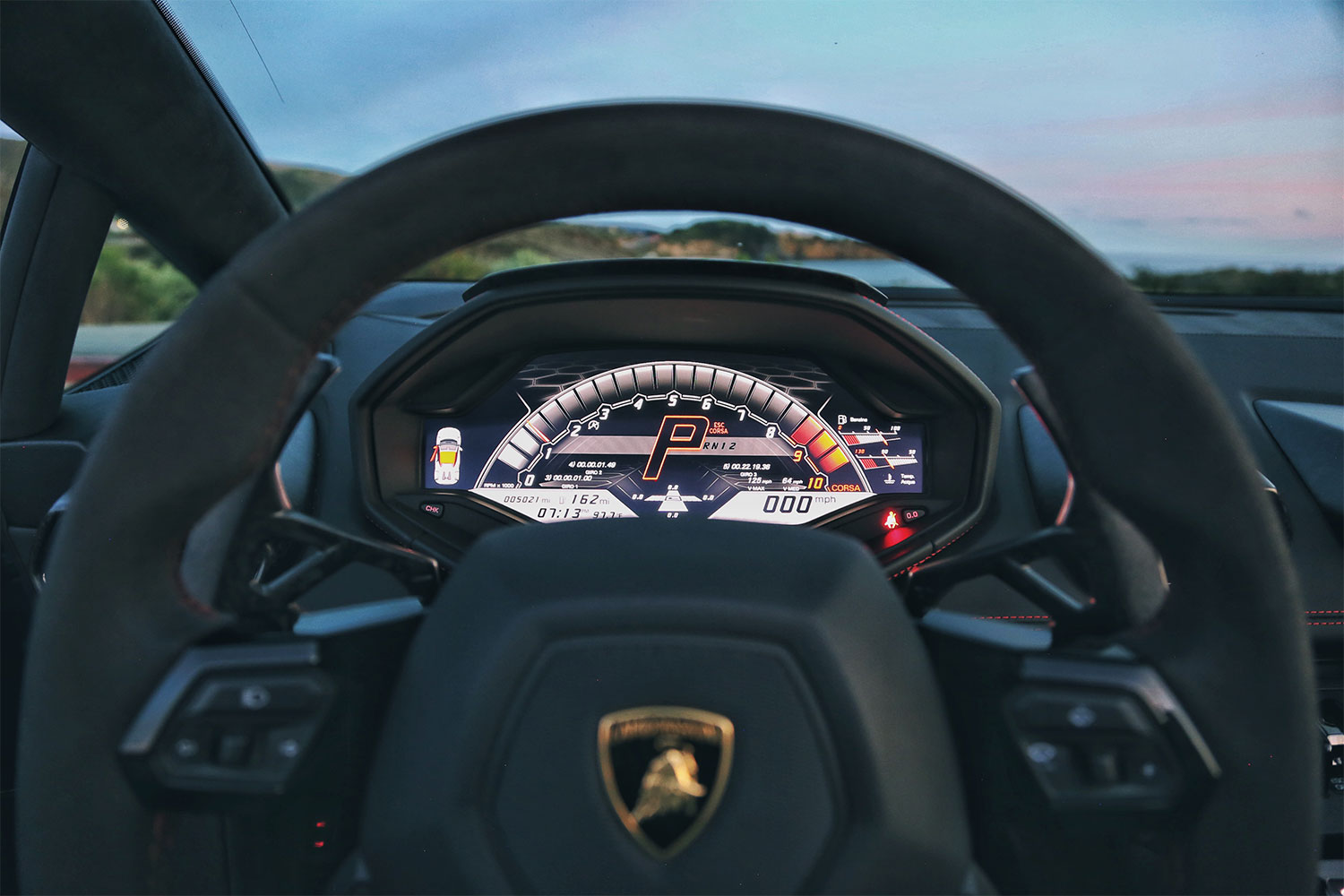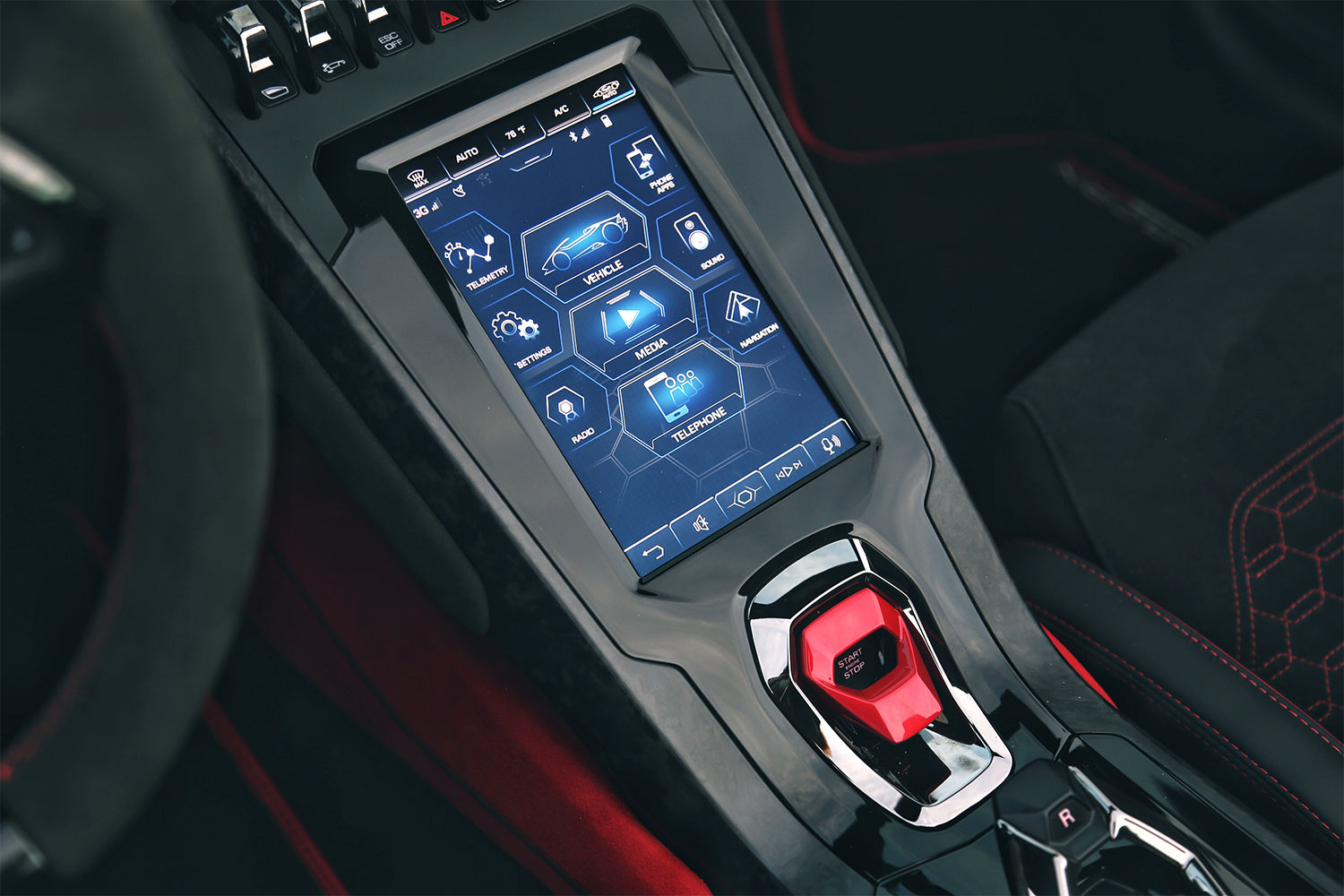There are many visions of the distant future – robot butlers, teleportation devices, interstellar ships, and meals in pill form – but what are the sounds of the future? From the movies we’ve seen or books we’ve read, we can imagine a few noises to accompany activities: The compression of air as we enter our flying pods, the tapping of icons on our holographic screens, or the scurrying of droids performing their daily duties. Still, the auditory component of our future fantasies is largely an afterthought. Why is that?
Because life will be quieter and more monotone; the diversity of sound will condense and isolate. As interactions and hobbies become increasingly digital, as the language barrier is shattered by translation devices (or perhaps dissolved entirely through a universal dialect), and as products become more effective at either operating silently or blocking out sound, a hush will fall upon the world. Sure, through your headphones, you’ll hear blasting lasers from your video game or techno music from a globally broadcast concert, but when you remove those headphones, you won’t hear much at all.
To substantiate this outlook, consider the automobile. The first internal combustion cars did little to hide the explosions of fuel and air within their cylinders, but over time, we engineered quieter engines and more advanced sound deadening. Today, remaining ICEs are almost exclusively turbocharged or aided by some form of electrification, which stifle exhaust noise to the point that some automakers mimic it through stereo speakers (for the crazy individuals that want their sports cars to sound like something). Current alternative – and eventual primary – forms of energy intensify the assault on sound. Battery electric and hydrogen fuel cell powertrains either produce no noise, or a faint whir when you demand peak performance.
But does it matter if varied and vociferous sound is doomed? After all, those who’ve driven an EV know the thrills of instant throttle response and a low center of gravity.
Perhaps, if cars like the Lamborghini Huracan EVO Spyder didn’t still exist, we wouldn’t mourn the coming quiet. But when a 631-horsepower, naturally aspirated V10 roars from inches behind our head, the few brain cells that aren’t consumed by aural ecstasy wonder how on earth a supercar of the future will make us feel this way.
Even if one were to duplicate the Huracan EVO Spyder’s characteristics, but omit its powertrain, the result would feel hollow. Certainly, the EVO’s design – enhanced by 20-inch Aesir diamond wheels, blue metallic paint, and red carbon ceramic brakes – is breathtaking, its performance figures – a 3.1-second sprint to 60 mph and a 202-mph top speed – are staggering, and its open air tricks – courtesy of a power-folding roof that operates at speeds up to 31 mph – are delightful, but without a wailing, unfettered exhaust note, the masterpiece would remain unfinished.
Alas, we can’t cling to the naturally aspirated engine for much longer; after over a century of hard work, it’s poised to retire. But before it does (and silent transport takes over) we can still indulge in the sight and sound of vehicles like the Lamborghini Huracan EVO Spyder.

